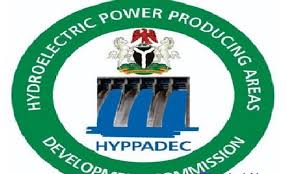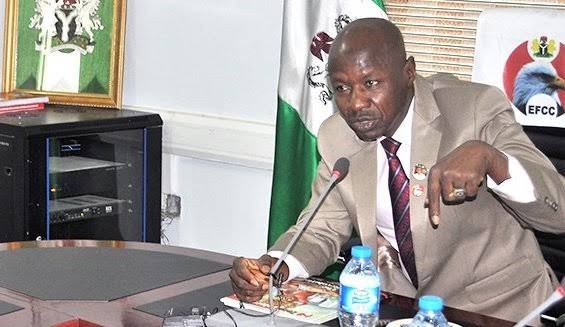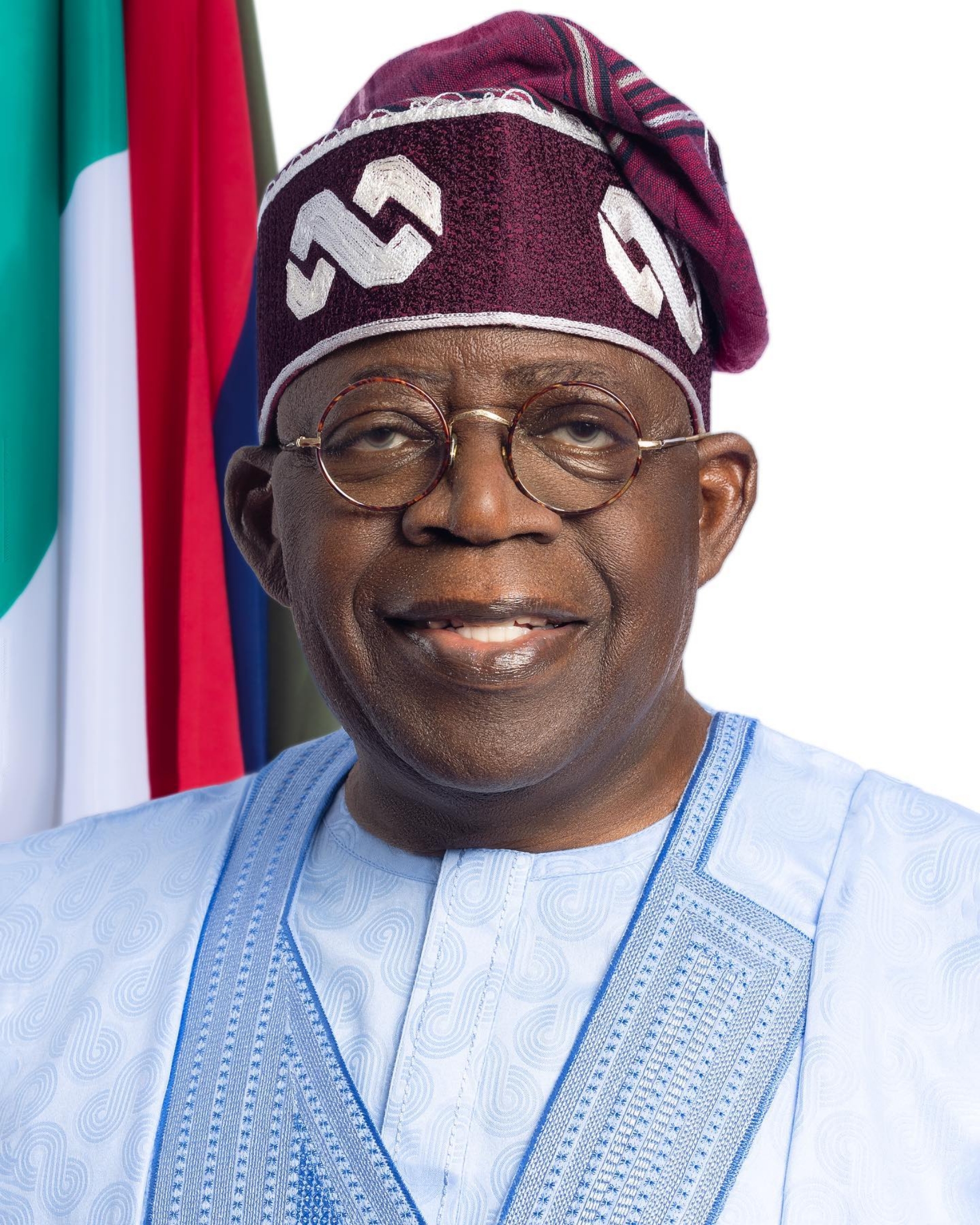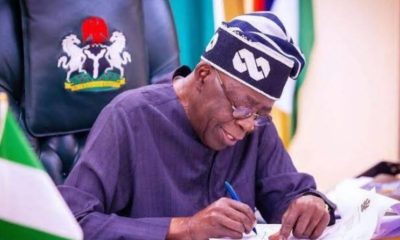News
CCB denies being a witch-hunt tool of government

The Code of Conduct Bureau (CCB) has denied rumours making rounds that it was out to witch-hunt some perceived enemies of government, saying its move
to begin verification of assets by public officers, was a renewal of commitment to eradicating corruption in Nigeria.
The agency it was within its constitutional mandate of eradicating corruption among public officers, the Code of Conduct Bureau (CCB), hence, it has set machinery in motion for quiet and independent verification of assets of public officers in and outside the country.

In a statement by the Director of EAS Mr. D.O. in Abuja, CCB said the new Chairman, Prof. Mohammed Isah shas activated two key processes on monitoring of public officers and verification of their assets declared and those they fail to declare.
The statement which was obtained by CAPITAL POST in Abuja noted that the CCB has powers of verification of assets which was conferred on it by Section 153 of the 1999 Federal Republic of Nigeria Constitution as amended, stressing that it was to ensure that no public officer breached the Code of Conduct without facing the prescribed sanctions.
“In view of the negative response which the exercise is generating, the CCB said it was organizing a press conference which its Chairman, Prof. Isah Mohammed would address in Abuja.”
The statement further explained that a media event will hold at the Radio Nigeria Press Centre, Abuja on 4th November to clarify further issues to got to do with mandates of the agency.
“The Code of Conduct Bureau was established in 1989 and retained in the 1999 CFRN (as altered).
“Part 1 of the third schedule to the Constitution empowers the Bureau to eradicate corrupt practices through the enforcement of the Code of Conduct for public officers.
“It is also to, among others administer assets declaration to the public officers;
enforce compliance with the Code of Conduct for public officers; carry out enlightenment campaign to educate public officers on their obligation to comply with Code of Conduct for public officers (CCPO).
“Gather intelligence and receive complaints of non-compliance with Code of Conduct for public officers; investigate non-compliance with Code of Conduct for public officers; and where pertinent refer investigated cases to Code of Conduct Tribunal and prosecute non-complying public officers.
He said in the statement that “also executive order 006(b) of 2018 gave the Bureau the power to investigate, prosecute and discipline public officers who engage in corrupt practices.
“Pursuant to the above with reference to Section 15 (1) dealing with declaration of assets, the Bureau has been issuing and receiving assets declaration forms to and from public officers in various levels of government establishments in the Country as required by law.
“However, it is necessary to point out that the process of Asset Declaration is not complete until the assets declared by public officers are verified by the Bureau.”
CAPITAL POST recalled that many high profile former and serving Nigeria public officers were alledged to have stashed wealth and assets abroad in a Pandora papers investigation which was carried out by a consortium of journalists.

























